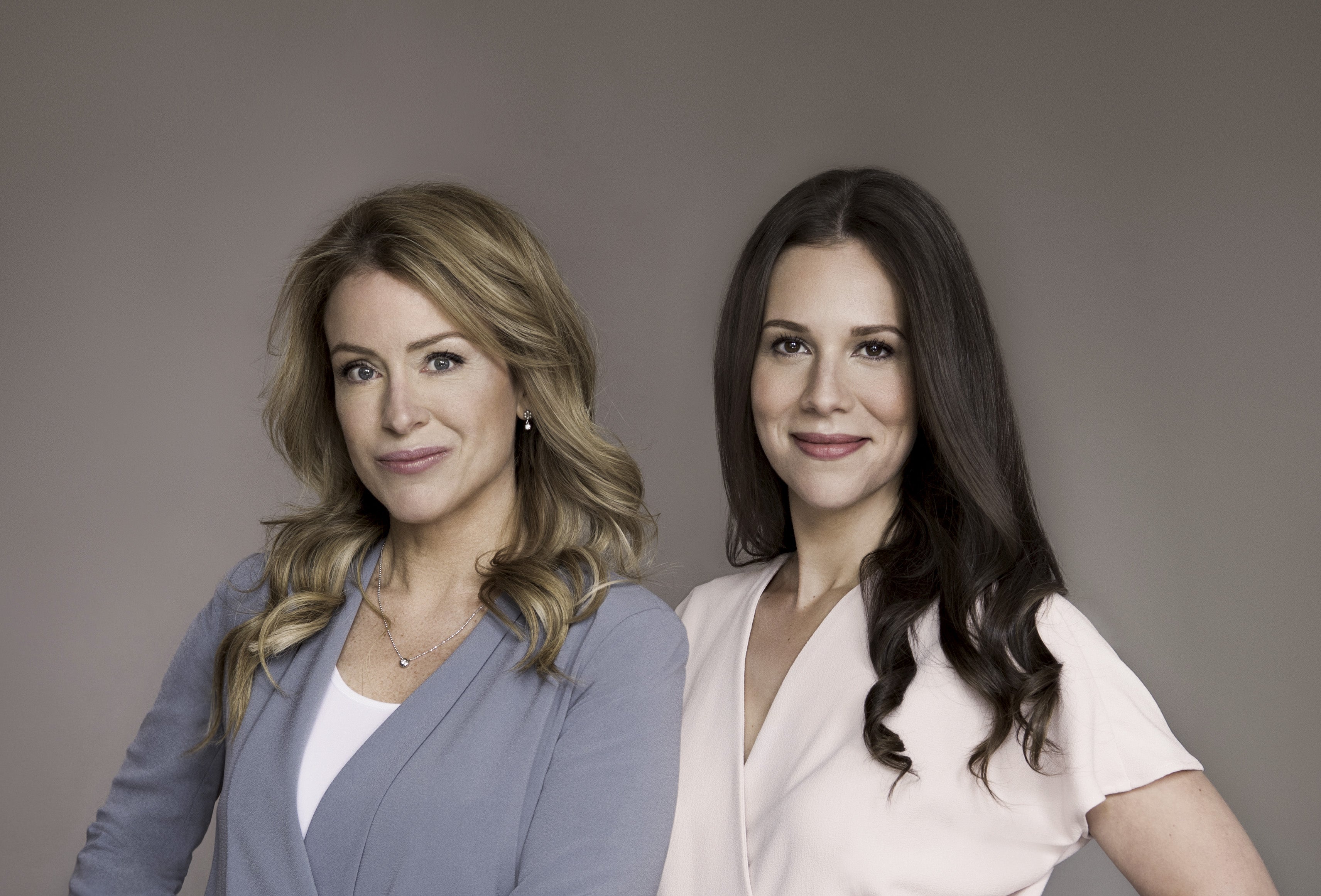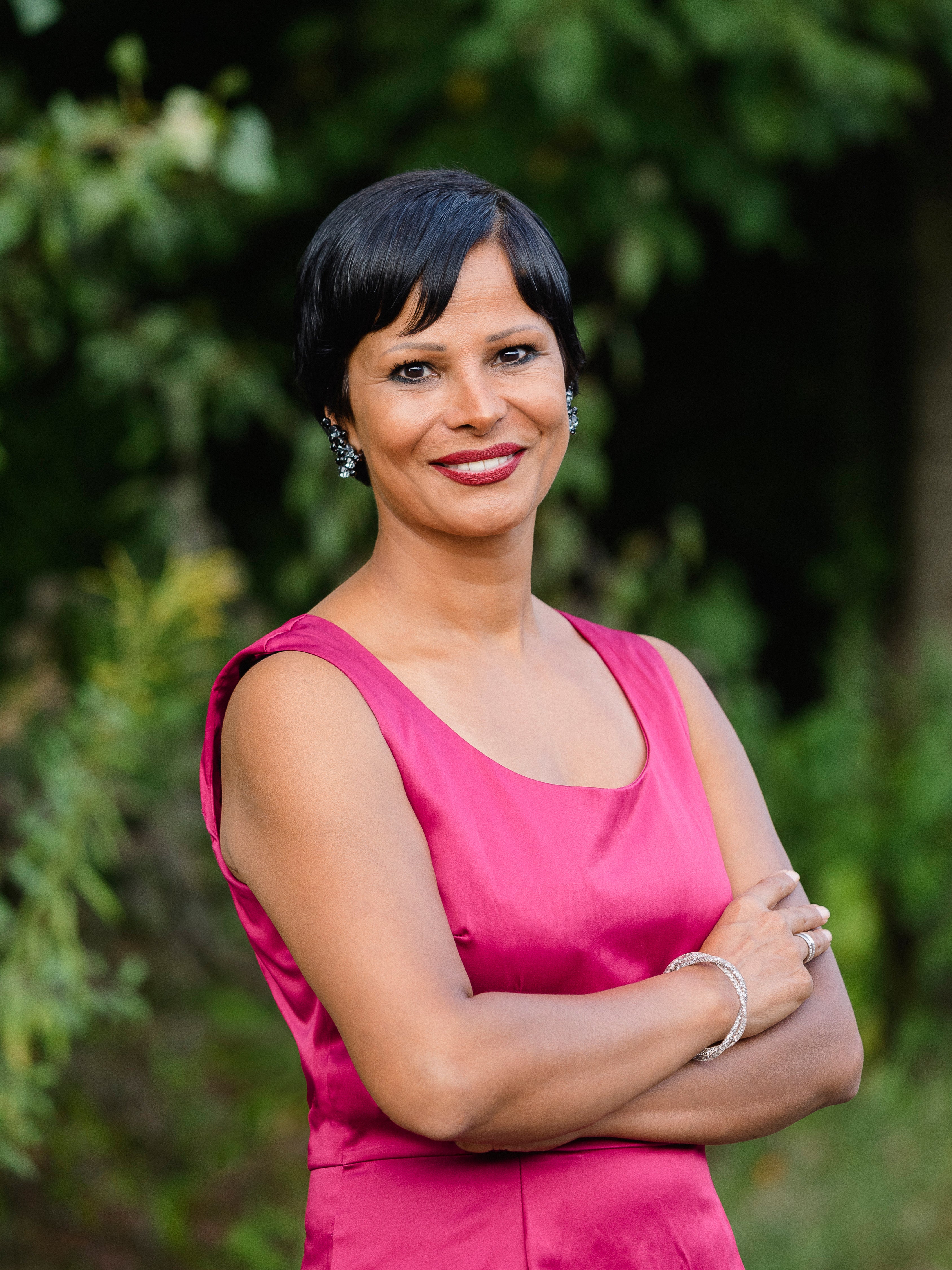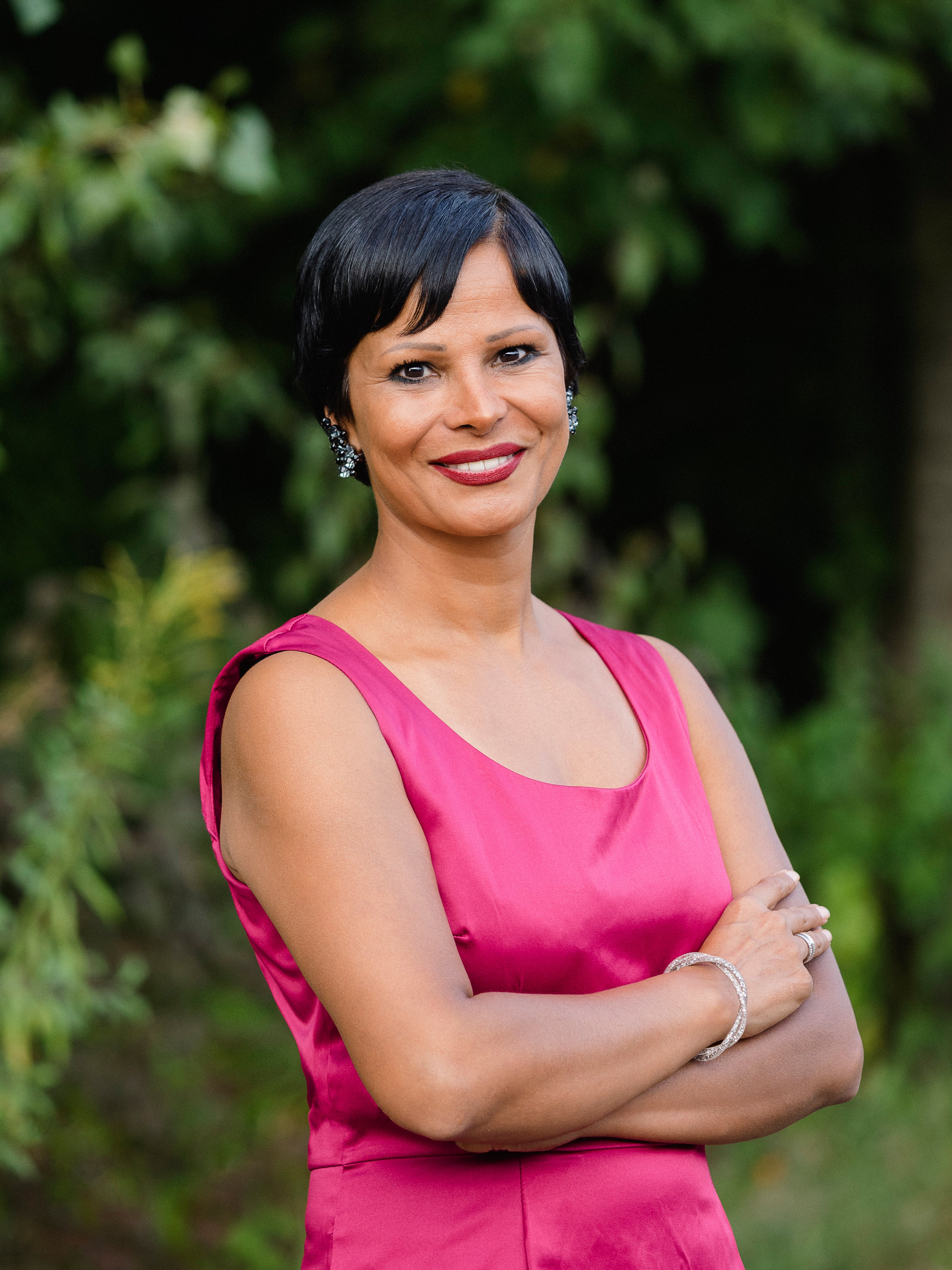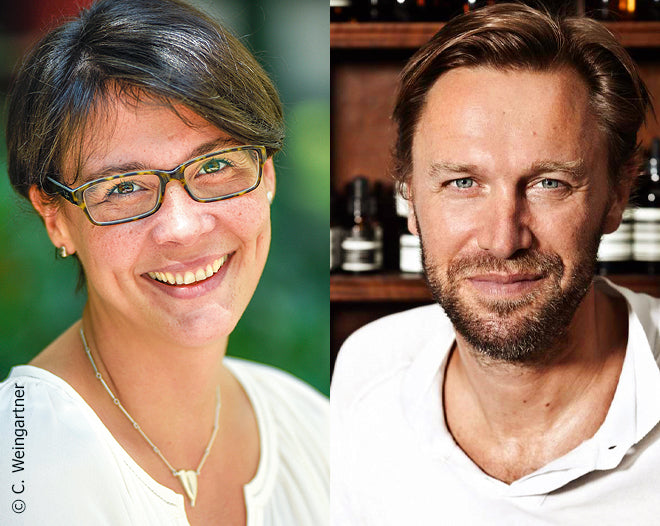
Interview with nutritionist Dr. Isabelle Huot and psychologist Dr. Catherine Senécal: “We should respect our emotions instead of eating them away!”
Interview with nutritionist Dr. Isabelle Huot and psychologist Dr. Catherine Senécal: “We should respect our emotions instead of eating them away!”
"When we're stressed or bored, we all like to treat ourselves to a tasty snack without being hungry - and that's not a problem at all. The situation is different with regular binge eating that is accompanied by feelings of guilt. These are a sign that emotions are being repressed or suppressed by compulsive eating, and can develop into a pathological eating disorder. However, if you follow a few important principles for conscious and intuitive eating, you can learn to perceive your own body's hunger and satiety signals again and develop a healthy relationship with food." Nutritionist Dr. Isabelle Huot and psychologist Dr. Catherine Senécal , authors of the guidebook "When everything is stupid, is chocolate the only thing that helps? No more cravings and comfort eating!" , have developed simple strategies and exercises to successfully break the cycle of cravings and binge eating and regain enjoyment and pleasure in eating.
Almost everyone finds themselves at some point eating sweets, fast food and snacks when they are stressed, even though they are not hungry. Why do we do this and how do you know if it is an eating disorder?
Isabelle Huot: When you're stressed or struggling with emotions, you tend to eat foods that are high in carbohydrates and fats. Eating carbohydrates, such as sweets, snacks, etc., increases serotonin levels. Serotonin is a neurotransmitter that makes you feel good. This type of food is soothing, which has a calming effect in times of stress. Sugary and fatty foods also stimulate the areas of the brain that are responsible for pleasure (the reward centers). That's why we crave this type of food. If you occasionally have phases in which you overeat without really being hungry, that's not enough to officially diagnose an eating disorder. However, if these phases are repeated regularly and are accompanied by feelings of guilt, it's advisable to consult a specialist, such as a nutritionist or psychologist.
You have been working with eating disorders for many years and work with those affected to support them in their efforts and progress. What does your collaboration look like in concrete terms and how did this book project come about?
Catherine Senécal: We both have doctorates in our fields, Isabelle as a nutritionist, I as a psychologist or neuropsychologist. As we are always striving for improvement, we wanted people who do not have the opportunity to go directly to a specialist to get help from other sources. By combining our knowledge and work, the plan for this book was born!
There are many people who find comfort in food and use it to respond to various emotions that they otherwise have difficulty dealing with. In your opinion, dealing with such feelings is a key factor in regaining control over your diet. What do you need to do to rebuild a healthy relationship with food?
Catherine Senécal: When you follow a normal diet (three meals and three snacks, three hours apart) for several months, you become aware of basic signals such as hunger and satiety, as well as more complex signals such as emotions. If these are not suppressed by compulsively eating, they help you to understand a difficult situation that you may have been going through. And emotions provide the energy to communicate with other people. Once constraints and limitations are revealed, we are able to listen to our emotions again!
Nowadays, it seems very difficult to develop a positive attitude towards food when food is judged according to moral criteria such as good and bad, or when certain beauty ideals put pressure on young people. What can parents do to protect their children from eating disorders?
Catherine Senécal: Parents should avoid making comments about their children's weight and body. Various studies have identified such comments as a significant risk factor for the child. And given that children learn a lot by imitation, it is just as important not to comment on your own body or the appearance of people around you. We can stay in touch with loved ones and those we value by talking about our emotions. And let's talk about what our body can do rather than about its appearance. Last but not least, it is important to know that, according to independent studies, no diet has ever shown medium- and long-term effects. So we offer our child the best chance of mental and physical health if all family members avoid dieting and follow a normal, varied diet.
In your book you explain, among other things, how important it is to regain enjoyment and pleasure in eating. In this context you also talk about the concept of “intuitive eating”. What is that all about?
Isabelle Huot: When you eat consciously, that is, when you follow the principles of intuitive eating, you follow an approach that pays attention to physiological signals, i.e. the feeling of hunger and satiety, and takes into account how you deal with your emotions. This approach does not judge, but allows us to understand why you eat when you are not really hungry and why you continue to eat when you are full. Eating intuitively and consciously also means taking the time to sit down at the table and enjoy a meal. You pay attention to all the sensory impressions that eating brings. You perceive the texture, smell and appearance of the food as well as the taste so that you eat each bite consciously. With this approach, there is no need to count calories or ban certain foods. You can eat anything as long as you follow the principles of intuitive eating.
Apart from changing eating habits and automatic thoughts, lifestyle changes can also improve our relationship with food. What are some of these measures?
Isabelle Huot: The different areas of life should be balanced so that there is enough time for the family, your own needs, work and leisure time. Taking care of yourself also means getting enough sleep (between seven and nine hours a night). Studies have shown that lack of sleep affects the levels of hormones that determine hunger and satiety. Cravings for sweets are stronger when you have not slept enough. Physical activity, be it yoga, swimming, jogging or any other sport you enjoy, also promotes the release of happiness hormones that are good for the body. A balanced lifestyle, a healthy diet, enough sleep and exercise all help us to have a better relationship with food.
Who can you turn to if you notice that your eating behavior shows signs of a real illness?
Catherine Senécal: Whether in Europe or America, treatment by a team of experts is always preferable. Ideally, the treating trio includes a doctor, a psychologist and a nutritionist who are specialized in this field. If there are any family members, it would be desirable for them to receive some form of support in order to be able to provide appropriate support to the person suffering from the eating disorder. Fortunately, there are many contact points and support services for eating disorders in German-speaking countries.
Book tip:
Dr. Isabelle Huot and Dr. Catherine Senécal: When everything is stupid, is chocolate the only thing that helps? No more cravings and comfort eating! Mankau Verlag, 1st edition September 2020, paperback, 13.5 x 21.5 cm, 223 pages, 14.95 euros (D), ISBN 978-3-86374-566-0
Link recommendations:
More information about the guidebook “When everything is stupid, is chocolate the only thing that helps? No more cravings and comfort eating!”
To the reading sample of the book “When everything is stupid, is only chocolate helpful?”
More about the authors Dr. Isabelle Hout and Dr. Catherine Senécal











